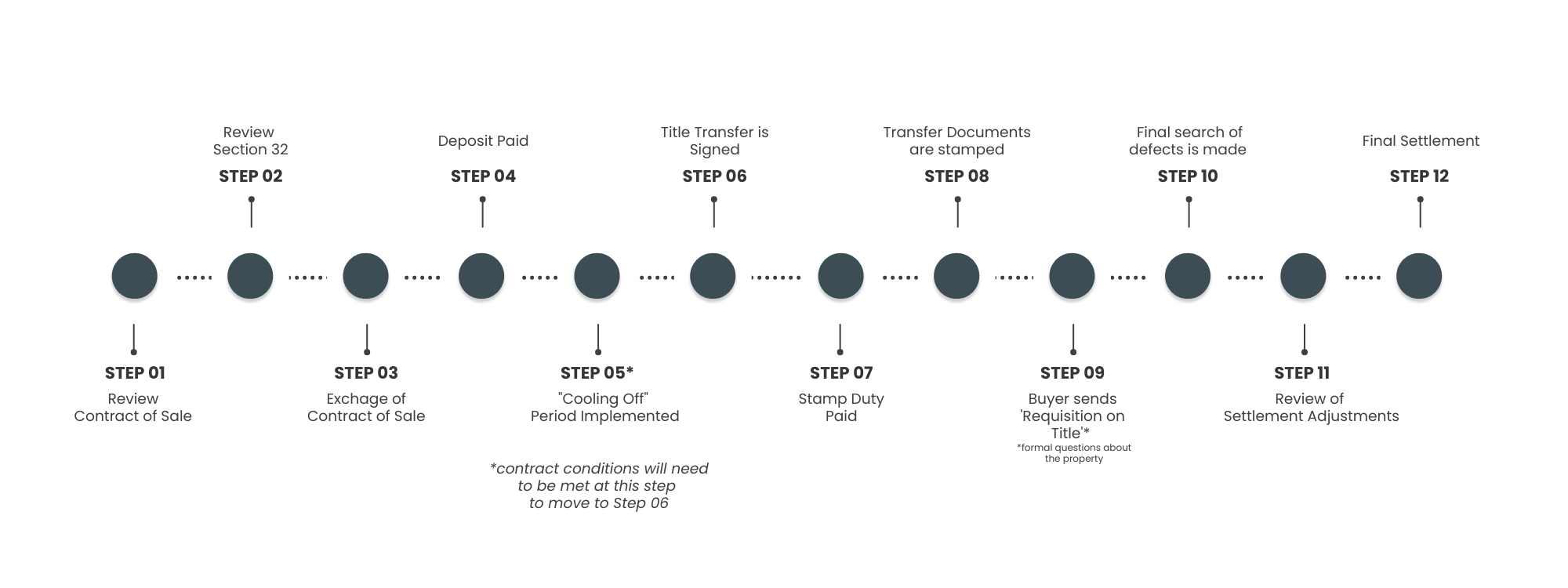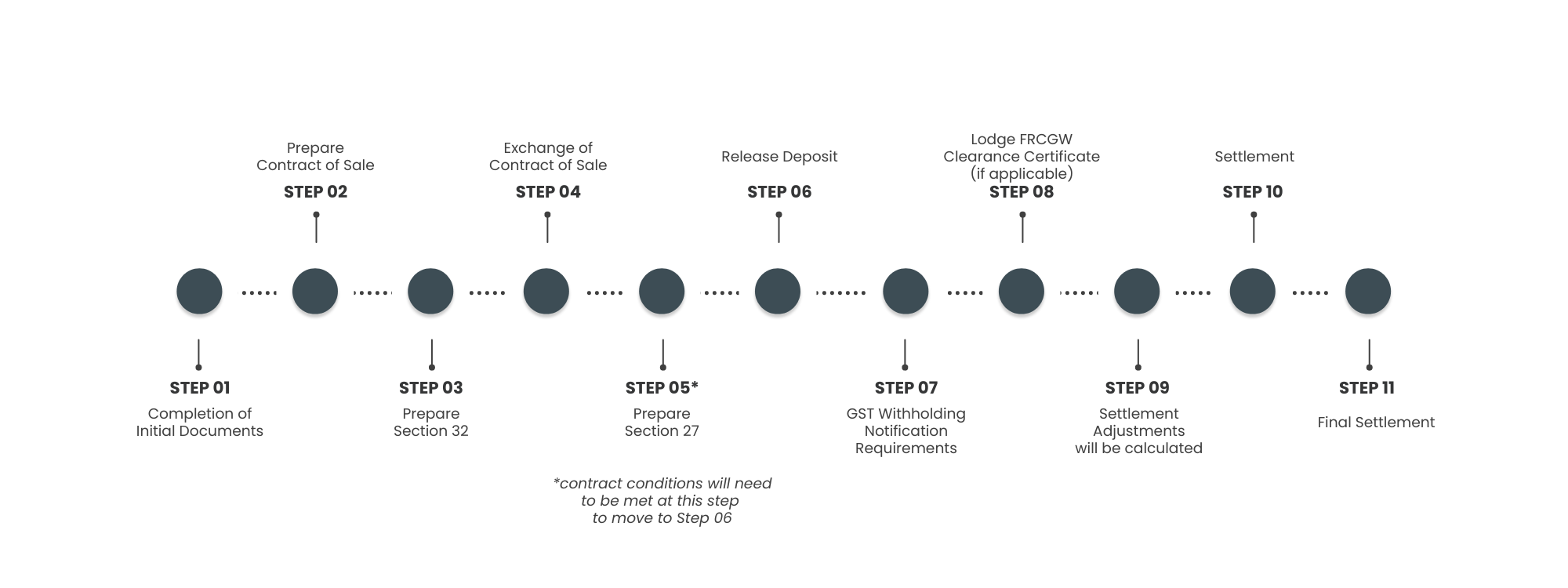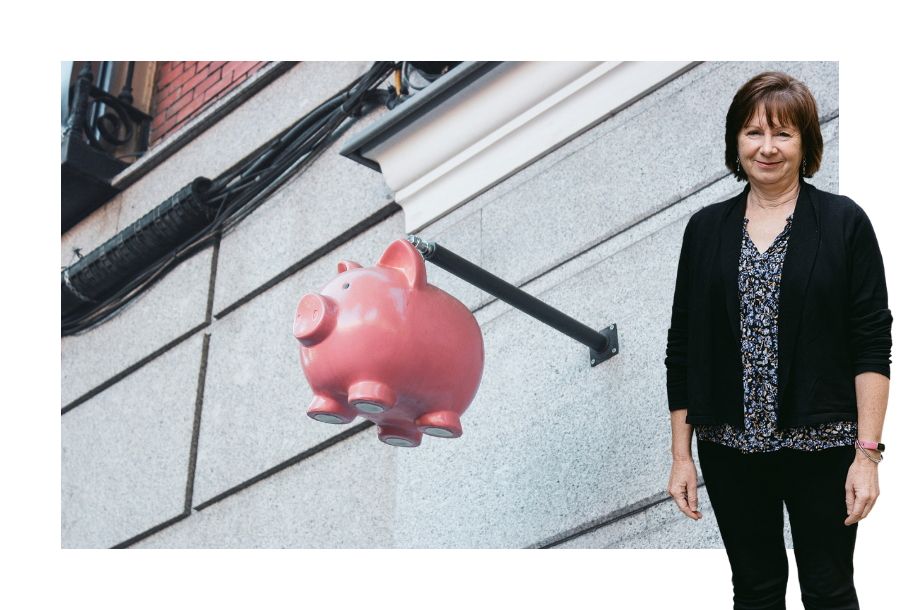Property + Conveyancing
Conveyancing Services
Buying or selling a property or acquiring a commercial property to operate your business are amongst the biggest and most important financial transactions most of us will make in our lifetime.
Canny Legal have the expertise to guide you through every step of the conveyancing process, and regularly collaborate with our accounting team and advisory team to ensure that all aspects of the transaction are considered. This often includes planning for tax and stamp duty implications, capital gains tax, structure considerations and also investment advice.
Our service arms work collaboratively to ensure that we can offer you the best experience with no hidden surprises down the track when it comes to your big life transactions. Let our expert team help to make these – stress free!
What Is Conveyancing?
Put simply, conveyancing is the process of transferring the ownership of a legal title of land to the new owner – whether that be a person or an entity such as a small business.
It involves preparing, verifying and lodging the required legal documents associated with the purchase or sale of a home, and importantly preparing the property for settlement.
When it comes to buying or selling a property there are some important people that need to be involved along the way:
- The vendor and purchaser;
- Their legal representatives;
- The real estate agent; and
- The bank and the broker assisting.
In a nutshell, conveyancing generally starts with the owner of a property and the purchaser entering into a contract which sets out the terms on which the property is to be sold. At the completion of the conveyancing process, settlement occurs and the title is transferred for the agreed purchase price.
What Conveyancing Services do Canny Legal Offer?
Canny Legal’s conveyancing services include:
- Purchase of Residential Property;
- Sale of Residential Property;
- Leases;
- Retail Leases;
- Commercial Leases; and
- Transfer and assignment of leases.
- Building Contracts
- Caveats
Our legal team provides advice and important information on the transfer of property ownership, as well as being there to assist the vendors and purchasers through the entire process.
Conveyancing Process
The conveyancing process differs slightly depending on the type of transaction required by the parties.
Your conveyancer will prepare the required documentation needed for the settlement process, communicate with the lenders and banks and provide advice and guidance to help the transaction occur smoothly.
The conveyancing process can be broken down into the following steps…
Purchasing Steps
Selling Steps
We Can Help With Your Conveyancing Needs
At Canny Legal, we offer legal assistance and advice on a range of property and conveyancing matters. A smooth conveyancing transaction is always our priority.
We can also provide advice and further guidance on issues throughout the process, including estate planning and any tax implications in buying or selling a property. With our team of accountants on hand, we work as a team to advise you on stamp duty, capital gains tax and any other structuring or financial considerations.
Conveyancing FAQs
Conveyancing is the transfer of ownership of a property from seller to buyer.
Conveyancing involves the preparation, execution, and lodgement of various legal documents to enable a swift and legal sale. Typically, there are three phases: preparation of sale contract, the exchange of contracts and completion.
In most cases, the earlier, the better!
Enlisting the services of a conveyancer is an essential part of any property transaction. A good conveyancer will give you valuable advice that could save you money on your property transaction and will help to speed up certain processes of your property transaction.
When you are buying or selling a property, you may need to employ a conveyancer. A conveyancer is a licensed professional who knows real estate law and specialises in the legal aspect of buying and selling real property. They can give you advice and information, prepare documents and help you through the entire settlement process.
Yes, prior to any property auction, you must get a copy of the contract and show it to your conveyancer for review. Your conveyancer can explain to you any possible risks that come with buying the property you’re eyeing off, and at the same time, give you advice on how you can be protected from them.
A conveyancer can be a solicitor, licensed conveyancer or a fellow of the Institute of Legal Executives but they don’t have to be a solicitor.
Licensed conveyancers are said to be the specialist property lawyers who focus widely on residential properties and progress transactions on a daily basis. A typical conveyancer would obtain their qualifications by completing a two-year conveyancing course, followed by an additional two years of supervised practical experience.
If the buyer and seller each hire a conveyancer to represent them in the sale of a property, then the conveyancers will deal with each other in the interests of their respective clients. Typically, a buyer or seller will each pay their own conveyancing fees. The standard terms of a contract will usually set this out.





